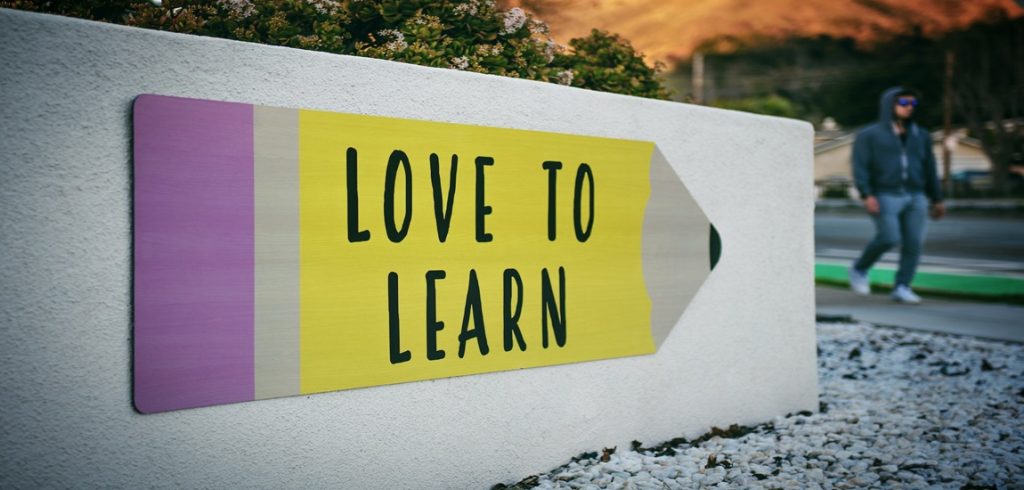
Pic Courtesy - Unsplash
The learning curve never truly plateaus in the fast-paced world of startups. Your journey as a startup founder is marked by constant change and innovation. To thrive in this environment, you must be a never-ending learner.
In this blog, we’ll look at seven strategies for startup founders to ensure continuous learning, as well as real-life case studies to demonstrate the power of lifelong learning.
Embrace Book Reading: Reading books is one of the most tried and true methods of gaining knowledge and insight. Reading can expose you to new perspectives and strategies that you might not encounter in your day-to-day work. Consider the case of Facebook co-founder Mark Zuckerberg. His voracious reading is well-known. He once set a goal of reading a new book every two weeks and started a Facebook reading challenge to accomplish this. This practice exposed him to a wide range of ideas and encouraged critical thinking.
Follow Industry Articles: In addition to books, reading industry-specific articles is essential for staying up to date on trends and innovations. The founders of Google, Larry Page and Sergey Brin, were constantly following tech news and academic papers to understand the latest developments in search algorithms and internet technology. Their commitment to staying informed aided them in developing a search engine that revolutionized the internet.
Attend Workshops: Participating in workshops can provide you with practical experience and skills. Elon Musk, the brains behind companies such as Tesla and SpaceX, is an excellent example of a founder who has embraced workshops. He once attended a rocket propulsion workshop to better understand rocket technology, which later played an important role in SpaceX’s success.
Opt For Business Conferences: Startup founders frequently underestimate the value of business conferences for networking and learning. Attending conferences can put you in contact with a wide range of industry experts, investors, and potential collaborators. Reid Hoffman, co-founder of LinkedIn, attends conferences on a regular basis and encourages others to do the same. These events have allowed him to stay in touch with industry leaders and gain valuable insights.
Seek Mentorship: Seeking advice from experienced mentors is one of the most effective ways to learn. Airbnb co-founders Brian Chesky, Joe Gebbia, and Nathan Blecharczyk sought advice and insights from mentors. They collaborated with experienced entrepreneurs such as Reid Hoffman and Peter Thiel, who gave them valuable advice on scaling their startup.
Learn New Skills: Never stop learning new things. Amazon founder Jeff Bezos exemplifies this mindset. As a startup founder in his early days, he took on the task of learning about logistics and supply chain management, which later became a cornerstone of Amazon’s success. Learning new skills not only expands your capabilities but also provides you with a better understanding of your company.
Document Experiences & Insights: Keeping a journal or documenting your experiences and insights can be a goldmine of information. Richard Branson, the founder of Virgin Group, keeps a meticulous journal. He writes in his journal to reflect on his experiences, gain insights, and generate new ideas. This practice has aided him in expanding his business empire by allowing him to learn from both successes and failures.
7 Case Studies :
Now, let’s dig deeper into these strategies with some case studies to see how they’ve helped startup founders.
Case Study 1 – Mark Zuckerberg : Mark Zuckerberg’s dedication to reading has broadened his perspective and aided in the evolution of Facebook. Zuckerberg has been able to make informed decisions that have shaped the social media landscape by delving into topics ranging from psychology to technology.
Case Study 2 – Larry Page and Sergey Brin: In the early days of Google, Larry Page and Sergey Brin’s focus on industry articles allowed them to stay ahead of the curve. They were always up to date on the most recent developments in search algorithms and information retrieval techniques, allowing Google to outperform its competitors.
Case Study 3 – Elon Musk : Elon Musk’s decision to attend a rocket propulsion workshop was critical to SpaceX’s success. This hands-on experience gave him the knowledge he needed to disrupt the space industry. His dedication to education extends to his other ventures, such as Tesla, where he is constantly researching electric vehicle technology and sustainable energy solutions.
Case Study 4 – Reid Hoffman : Reid Hoffman’s attendance at business conferences has been critical to his success. He used conferences to learn from industry leaders, stay current on trends, and make valuable connections. This strategy has benefited not only LinkedIn, but also his other investments and advisory roles.
Case Study 5 – Brian Chesky, Joe Gebbia, and Nathan Blecharczyk : Early on in their journey, the co-founders of Airbnb recognized the value of mentorship. Working with experienced entrepreneurs such as Reid Hoffman and Peter Thiel provided them with the guidance and insights they required to scale their startup from a simple air mattress rental idea to a global hospitality behemoth.
Case Study 6 – Jeff Bezos: Jeff Bezos’ relentless pursuit of new skills, particularly in logistics and supply chain management, has been critical to Amazon’s growth. His in-depth knowledge of these areas enabled Amazon to create a highly efficient and customer-focused business model.
Case Study 7 – Richard Branson: The Virgin Group Richard Branson’s journaling habit has been critical to his success. It has allowed him to reflect on his experiences, capture insights, and continuously develop innovative ideas for his various Virgin Group ventures.
Finally, the journey of a startup founder is a never-ending learning experience. Reading books, following industry articles, attending workshops and conferences, seeking mentorship, learning new skills, and documenting experiences are all important strategies for ensuring continuous learning. Case studies of successful entrepreneurs show that a commitment to lifelong learning is an essential component of entrepreneurial success. So, keep learning and watch your startup grow.






1 thought on “Non-Stop Learning For Startup Founders”